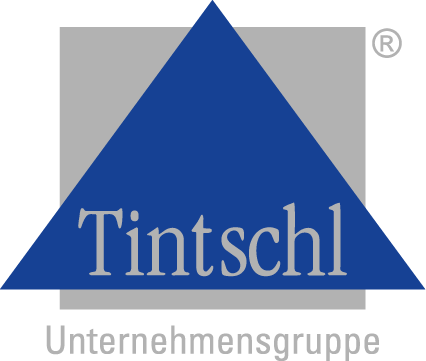INDUSTRY AND TRADE
Germany's strong economy would be inconceivable without industry and the skilled trades. It is not always easy to draw the line between trade and industry, even if the Chamber of Industry and Commerce and individual chambers of skilled trades jointly draw specific distinctions. Basically, it can be said that the skilled crafts sector has a significantly lower degree of mechanization and automation than industrial production, for example, which is usually very plant-intensive and uses sophisticated technology. As a rule, the percentage of personnel required in craft businesses is higher than in German industry.
Small, medium-sized and large skilled crafts businesses in a wide range of sectors use their flexibility, expertise and the work of highly qualified employees to provide a diverse range of goods and services that are used nationally and internationally by private consumers, industry, trade and the public sector.
Contact person:
Markus Mayr
E-mail: markus.mayr@tintschl.de
Increasing specialization on the labour market vs. shortage of skilled workers
Despite the current positive economic situation in Germany, industry and the skilled trades are increasingly facing major challenges. The increasingly rapid pace of digitalization in times of globalized work and trade processes constantly requires new, flexible answers to complex questions.
The labor market is undergoing extensive change, particularly in the industrial and skilled trades sectors. In many areas of industry, traditional jobs are falling victim to digital processes, mechanization and automation. Highly trained workers in newer disciplines, on the other hand, are in urgent demand. Skilled workers from "traditional" trades are particularly in demand on the industrial labour market, as they have a solid basic knowledge of the trade, but also have to perform increasingly complex and differentiated tasks due to specialized, technical work processes.
Small and medium-sized craft businesses - the "core" of the German economy - are also increasingly looking for qualified trainees and skilled workers who can meet the growing demands of the skilled trades. Last but not least, more and more well-trained tradespeople are seeking a job in industry, as the earning and career opportunities here are often better than in a skilled trade job in a smaller company or as part of a self-employed commercial activity. Crafts businesses are therefore often desperately looking for good personnel.
What Tintschl can do for industry and trade
As a personnel service provider in Germany, Tintschl always has a large pool of excellently trained specialists at its disposal and sees itself as an optimally networked interface between personnel, companies and businesses. This enables us to support both small craft businesses and large industrial companies in building up flexible teams in the shortest possible time, filling vacancies quickly and filling vacancies with exactly the right candidates. Whether you need qualified temporary workers at short notice or long-term support for permanent staff, companies that work with us have access to numerous suitable profiles at all times.
Our customers from trade and industry benefit from our comprehensive consulting and industry expertise. We know the specific requirements of the respective industry or trade sector in detail and can also adapt applicant profiles precisely with regard to required further training and additional trade qualifications.
Furthermore, as an experienced personnel service provider, we not only pay attention to the training and professional qualifications of our candidates, but also to their "soft skills" in terms of their suitability as a person and ability to work in a team. The master craftsman of a small company, who often has little time to select suitable candidates in the hectic pace of everyday work, will find our support just as effective as that of the HR department of a large company, who are happy to compare their own experience with our professional expertise.
